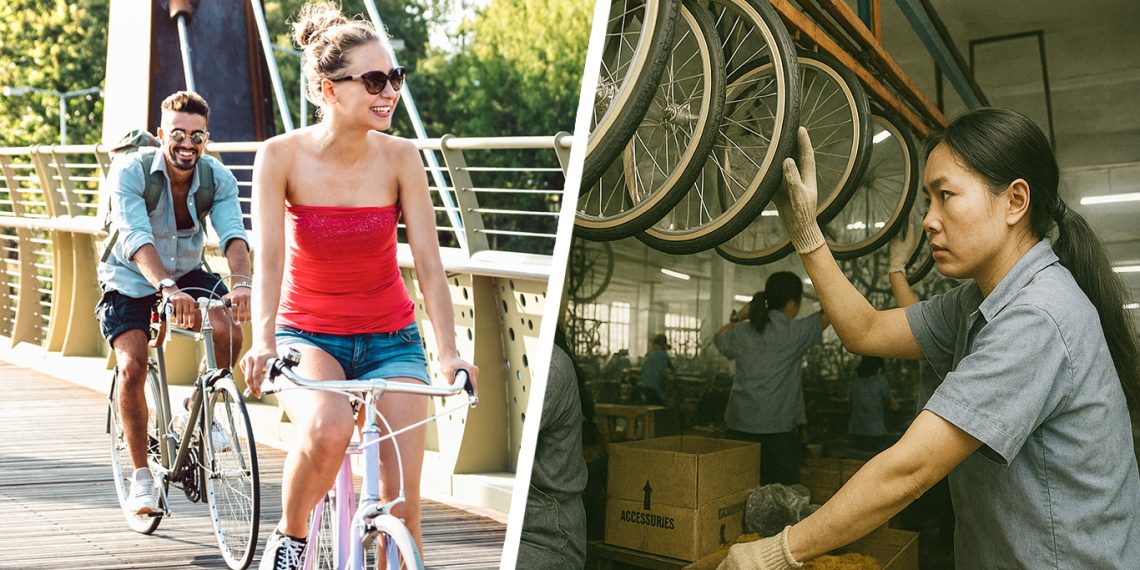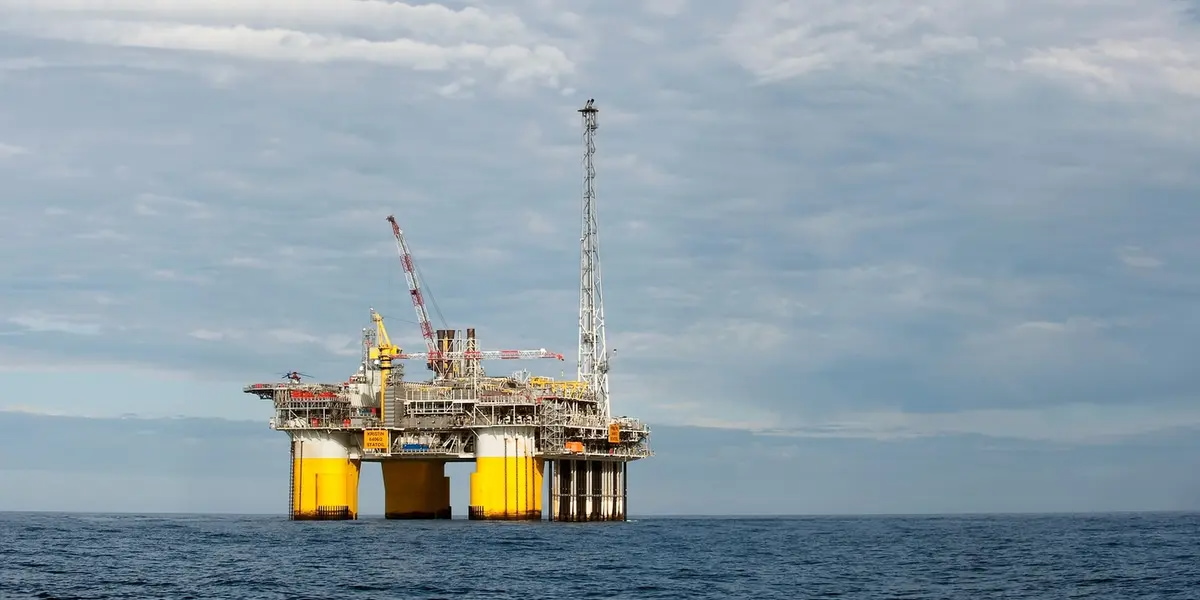Now Reading: Canyon, Bianchi, Scott & Co: Investigation Uncovers Forced Labor in Taiwan for High-End Bicycle Brands
-
01
Canyon, Bianchi, Scott & Co: Investigation Uncovers Forced Labor in Taiwan for High-End Bicycle Brands
Canyon, Bianchi, Scott & Co: Investigation Uncovers Forced Labor in Taiwan for High-End Bicycle Brands

The bicycle industry is experiencing a surge in growth. However, the process of manufacturing bikes, which help alleviate traffic congestion and protect the environment, is under scrutiny. Major brands like Bianchi, Canyon, Centurion, Giant, and Merida have been found to tolerate exploitation in their pursuit of profits. An investigation by Le Monde Diplomatique has revealed that thousands of migrant workers in Taiwanese factories are subjected to forced labor. These workers face overwhelming debt owed to recruiters, lose possession of their passports, and live in substandard accommodations infested with rats.
The global bicycle market, valued at around 66 billion US dollars as of 2024, is a lucrative industry. The investigation has shed light on the working conditions in Taiwanese factories that produce bicycle parts, conditions classified as forced labor by the International Labour Organization (ILO).
Taiwan, particularly the city of Taichung, has emerged as a key hub for global bicycle manufacturing. Many renowned bicycle brands such as Bianchi, Canyon, Centurion, Giant, Merida, Pinarello, REI, Scott, Specialized, and Trek have been producing bicycles or components in Taiwan for years. Approximately 40% of all bicycles exported to Europe originate from Taiwan, with primary importers being the Netherlands, Germany, and the United Kingdom.
Giant, Merida, and Maxxis, among other manufacturers, operate production facilities in Taiwan and employ thousands of migrant workers from countries like Vietnam, Indonesia, Thailand, and the Philippines. These workers are engaged in the production of bicycle parts and tires, often under exploitative circumstances.
Desperate for employment, these workers are recruited through agencies that charge them exorbitant fees, sometimes amounting to several thousand dollars, to secure a job. This fee can exceed the earnings of these workers over several years. The fees vary based on the workers’ country of origin, with Filipino workers reportedly charged between $1,500 to $1,700, while Vietnamese workers may pay up to $6,000.
To cover these hefty recruitment fees, workers are often forced to borrow money from banks or relatives even before commencing work. This results in workers being trapped in a cycle of debt bondage, made worse by the imposition of high-interest loans. Additionally, workers report having their passports confiscated and being deprived of their freedom, with restrictions on managing their wages.
The implications of these practices are severe. Workers describe living in overcrowded and unsanitary dormitories provided by the companies, with reports of rats infesting the living spaces. Furthermore, minor violations of company rules can lead to wage deductions.
While some bicycle manufacturers have pledged to cease the collection of recruitment fees and improve working conditions for new workers, issues persist for existing employees trapped in debt bondage. The international cycling community’s response to these revelations has been mixed, with some companies committing to change while others remain unresponsive.
Despite some progress, challenges persist in Taiwan’s bicycle industry, with recruitment fees and debt bondage continuing to plague workers and tarnish the industry’s reputation.






